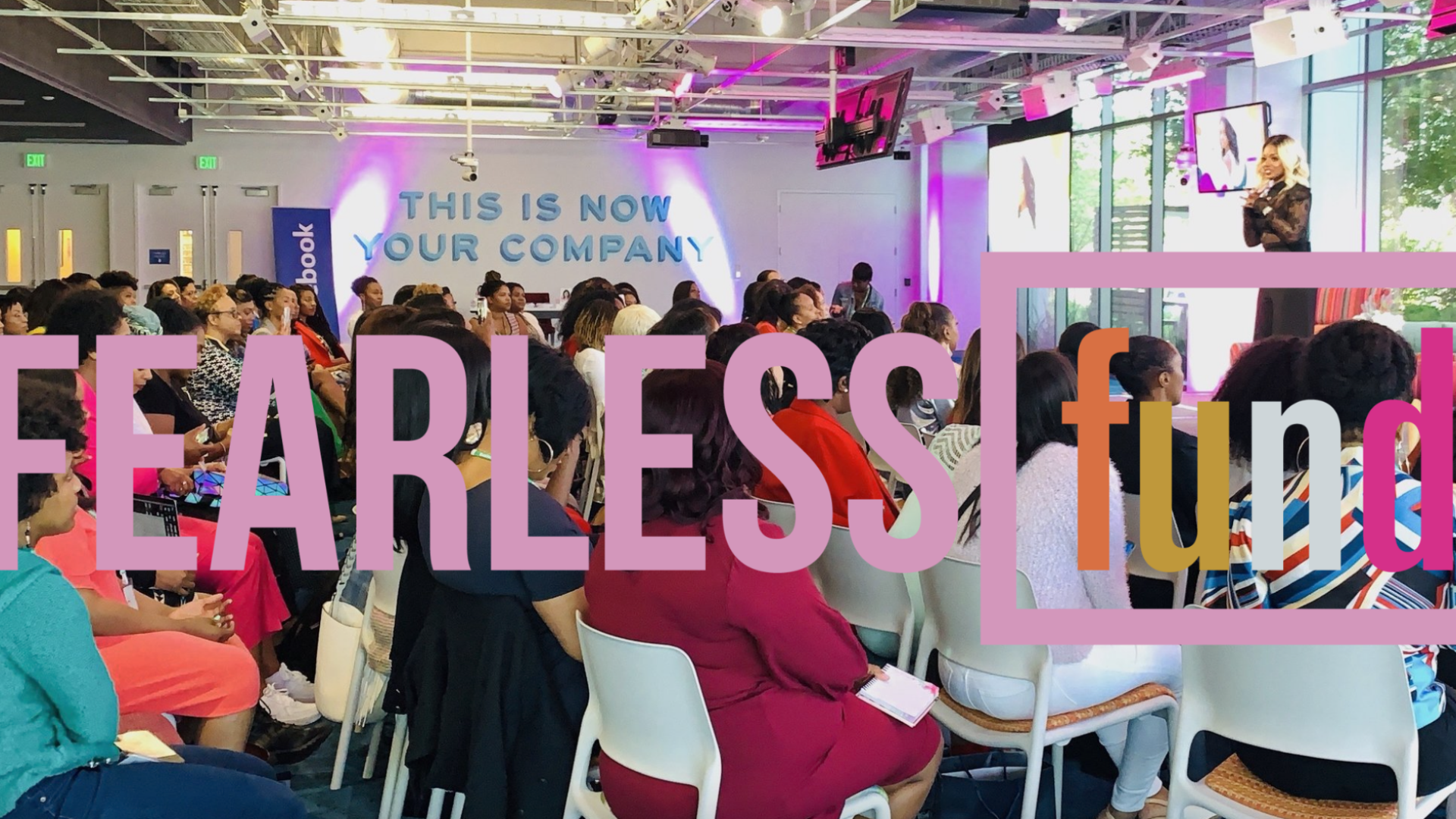
In an ideal world, race or sex wouldn’t influence how people receive opportunities. Therefore, Black and Brown women would be awarded experiences, finances, and resources solely because of their skillset, creativity, and work ethic. Unfortunately, that’s not our reality, and Americans must come to terms with that.
Racism is embedded within our marketplace culture. Over the years, programs have been developed to address those issues, yet, some challenge their necessity. They do not believe racism still exists or desire us to suppress that racism exists. Either way, that’s a problem. The more America denies that there’s an issue, the more it’ll be challenging to move forward. We’re seeing this play out in real-time. First, through the gutting of affirmative action. A lawsuit was filed stating that affirmative action was unlawful discrimination against white and Asian Americans. The case won, which led to the supreme court overturning the law. After that successful ruling, the assumption was that those responsible for the case would begin to target marketplace diversity initiatives- and they were correct.
Atlanta-based venture capital firm, Fearless Fund, is the first to be attacked. The Fearless Fund was recently sued over their Fearless Strivers Grant. The grant program awards four Black-women small business owners $20,000, digital tools, and mentorships to scale their businesses. Edward Blum, who founded the nonprofit that led the affirmative action lawsuit, filed the case. We can safely assume this is a trial case to see how far he can go with eliminating diversity initiatives.
The Fearless Fund was founded by Black women to serve Black women. Since its inception, they’ve awarded over three million dollars. Financial industry giants such as J.P. Morgan Chase and Mastercard are partners. Why? Because in 2018, U.S. companies raised $130B in VC funding, yet, less than 1% of that went toward businesses founded by women of color. Black women are the largest demographic to start companies, at over four times the overall population rate, so why are we the least funded? That’s why the Fearless Fund was created.
I cannot fathom why anyone would want to challenge that. The lack of empathy and compassion for underserved communities is heart-wrenching. I am passionate about this subject because of my experience as a business owner who was looking to raise capital. During my time in college, I was highly involved in different startup projects. I was most committed to Kairos Culture, a small business founded by a couple of friends where I served as the Chief Operations Officer. My responsibilities included competing in pitch competitions to raise funds. My pitch deck was prepped and primed by my entrepreneurship professor, who was the best. As we approached our school-funded pitch competition, I grew excited as I knew I had the deck and confidence to win the judges.
The day arrived; it was time for me to pitch! I checked in bright-eyed and coffee-fueled. Everyone I was competing against was in the same room, and we could watch each other’s presentations. The time had come; it was my turn, and I knocked it out of the park. I was confident I would walk away with a cash prize as I watched the other presentations. Not only did I present well, but I had a favorable business model. It was a combination for success.
Once the presentations concluded, the entrepreneurs were instructed to head downstairs for the award ceremony. As I went downstairs, a white woman who watched all the presentations approached me and said, “hey, do not be discouraged, you had one of the best presentations,” she rubbed my shoulder to comfort me, insinuating she already knew the results. Before the judges debriefed and before votes were tallied she knew the results from the all-white, middle-aged male panel of judges I presented to and now, so did I.
At that point, I didn’t want to attend the award ceremony, but out of good character, I did. The person who won, I least expected to. He was a great speaker, but his presentation was choppy, and his business model was weak, but he was a white male, so I guess he was trustworthy of the funds. My professor addressed me at the end of the ceremony, stunned because the judges left great commentary and advanced me to represent my school at the state competition. They just didn’t award me any prize money.
He was confused, but I wasn’t.
From that point forward, I was discouraged. If my experience at a PWI reflected America, a minority seeking opportunities and resources in a white world, I wanted no parts. What’s the point? If I’m going to work hard and not receive what I deserve because of something I can’t control, I might as well not try. I almost forfeited what I considered my calling, entrepreneurship, until I came across the Fearless Fund and Black Girl Ventures on social media. Their mission and vision addressed precisely what I just went through. I thought my story was unique, but it turned out that my story was the norm and that’s why the lawsuit against the Fearless Fund is so hateful and hurtful. The folks filing the case do not understand the pain and worthlessness that Black women feel competing in spaces where “everyone is welcome.” No, we will get overlooked; as you can see above, that’s statistically proven. Therefore, creating separate spaces until the gap is closed is a smart idea.
I can’t comprehend how people can have so much hatred towards a group of people trying their absolute best. I hope they read stories such as this one, realize what they’re doing is wrong, and confront the real issue. Only then can we move forward to an equitable America.